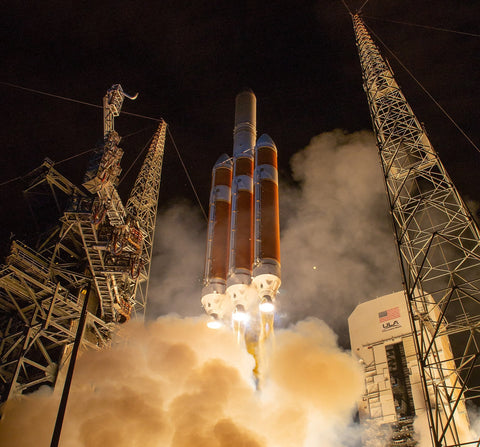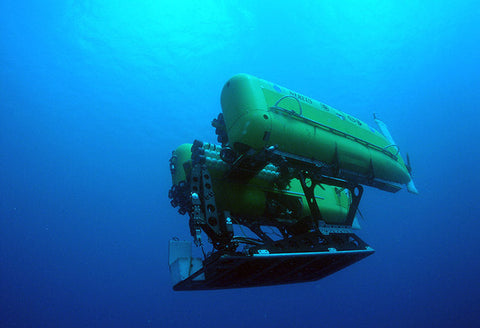The dream of exploring the cosmos has ignited the human spirit for centuries. From the early pioneers who ventured into space to the international collaborations aboard the International Space Station (ISS), space exploration has made significant strides. In this blog post, we'll embark on a journey into the future of space exploration, delving into the roles of astronauts and the boundless possibilities awaiting us beyond our planet.
Astronauts: Pioneers of Space
Modern-Day Explorers: Astronauts are modern-day explorers, embarking on missions that push the boundaries of human capability.
Space Agencies: NASA, ESA, Roscosmos, and other space agencies select, train, and send astronauts on missions that expand our knowledge of space.
The International Space Station (ISS)
Orbiting Laboratory: The ISS serves as a symbol of international cooperation and a valuable laboratory for scientific research.
Continuous Presence: Astronauts live and work aboard the ISS, conducting experiments in fields like biology, physics, and Earth sciences.
Lunar Exploration
Return to the Moon: NASA's Artemis program aims to send astronauts back to the Moon, paving the way for human exploration of Mars.
Sustainable Presence: Lunar missions will establish a sustainable human presence, allowing us to learn and adapt for future deep-space missions.
Mars Missions
Red Planet Dreams: The ultimate goal is sending astronauts to Mars. NASA's Artemis program and private companies like SpaceX are actively working toward this ambitious mission.
Challenges and Opportunities: Mars missions will present both scientific challenges and opportunities for human colonization of another planet.
Beyond Our Solar System
Interstellar Dreams: Beyond our solar system, initiatives like the Breakthrough Starshot aim to send tiny spacecraft on interstellar journeys to explore distant exoplanets.
Search for Extraterrestrial Life: Space telescopes like the James Webb Space Telescope (JWST) will scan distant planets' atmospheres for signs of life.
Space Tourism
Commercial Ventures: Space tourism is becoming a reality with companies like Virgin Galactic and Blue Origin offering suborbital flights to civilians.
Accessibility: As technology advances, space tourism may become more accessible to a broader range of people, opening up new possibilities for human space exploration.
The future of space exploration is filled with boundless possibilities. Astronauts will continue to be the pioneers, venturing beyond our planet to conduct groundbreaking research and expand our understanding of the cosmos. The ISS will remain a symbol of international cooperation and a platform for scientific discovery.
As we set our sights on the Moon, Mars, and beyond, humanity is poised to embark on epic journeys that will redefine our place in the universe. The dream of space exploration, once the realm of science fiction, is now a tangible reality, and the future holds untold discoveries and adventures waiting for us among the stars.






